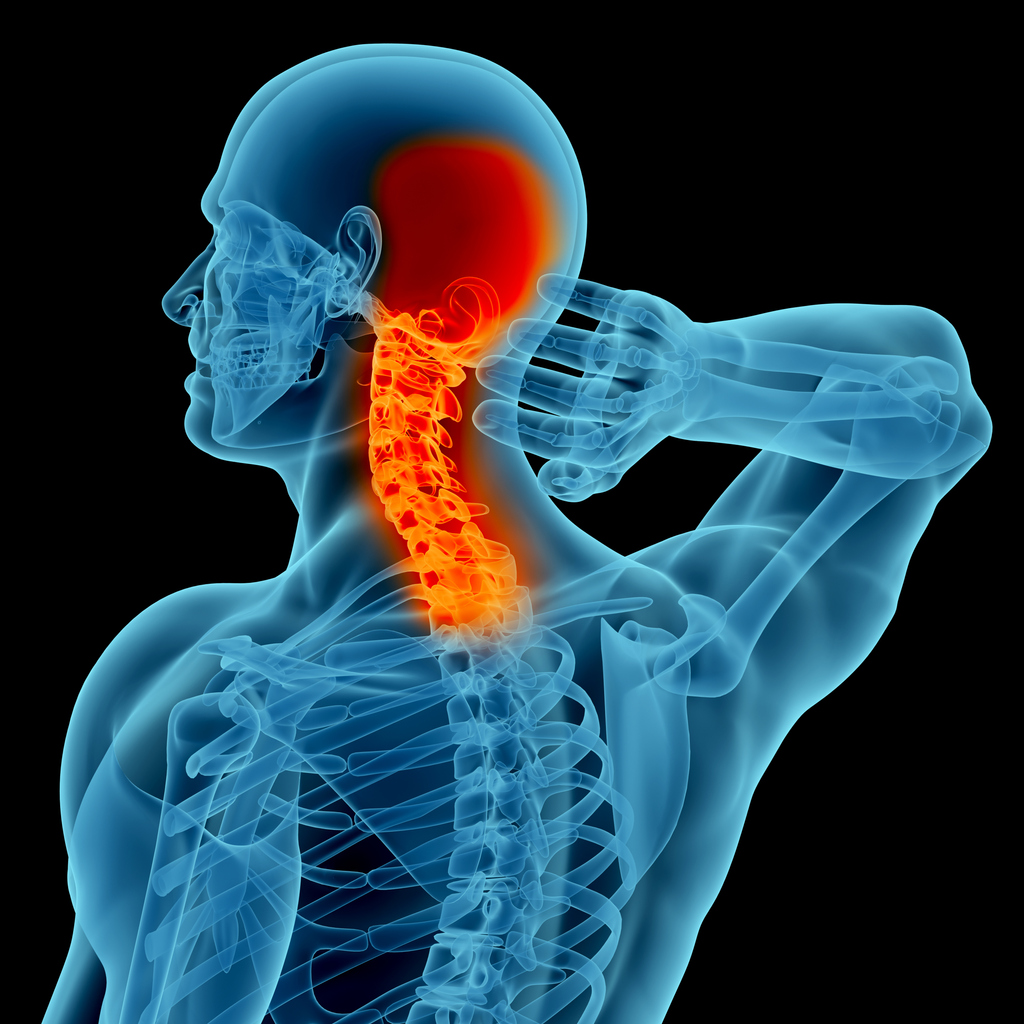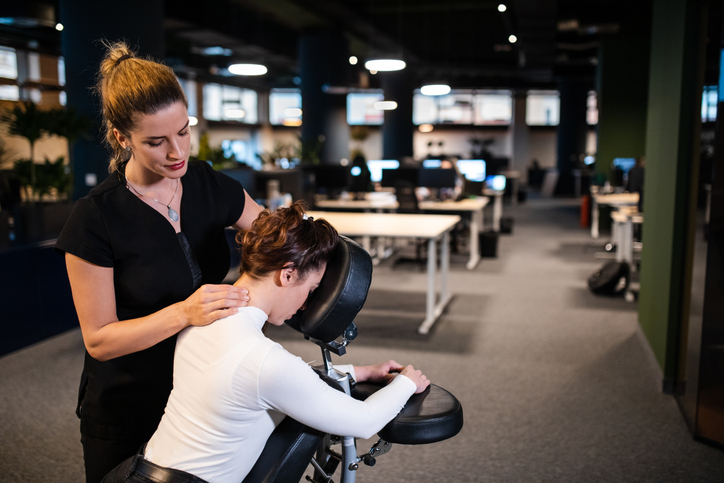Pain
Everyday Habits That Contribute to Neck Pain

Neck pain can be acute (lasting a few days to a few months) or chronic (lasting longer than 3 months). The causes of neck pain vary widely. Certain types of neck pain, especially muscle strain, can develop due to lifestyle habits. Some of the most common habits that contribute to neck pain include the following.
Poor posture
Poor posture is the most common cause of neck pain. Improper posture not only strains the neck muscles, but it can also contribute to nerve damage and disc issues. Maintaining proper posture throughout the day can help prevent or reduce neck pain.
Awkward sleep position
On average, people spend one third of their lives sleeping. Proper posture is not only important during waking hours but also during sleep. Sleep position plays a significant role in the prevention of neck and back pain. During sleep, the head and neck should be kept in a neutral position aligned with the chest and back. Sleeping on the stomach with the head turned to one side should be avoided.
Static posture
Staying in one position for a prolonged period can cause neck stiffness and pain. It’s easy to lose track of time when the mind is focused on an activity. Getting up and moving the body can help prevent neck pain.
Smoking
The nicotine in cigarettes constricts the blood vessels and reduces blood flow. Smoking impairs the transport of oxygen-filled blood to tissues and bones. Decreased blood flow can contribute to degenerative disc disease and osteoporosis.
Bending the neck while holding a cell phone
Repeatedly bending the neck for extended periods in awkward positions (e.g., toward the chest while texting or on the shoulder while talking on a phone) can lead to neck pain. Placing the phone in a higher position or using a headset helps keep the cervical spine in a neutral position.
Carrying a bag over one shoulder
Carrying a bag over one shoulder can cause or increase neck pain. The uneven distribution of weight places strain on the neck. If carrying a heavy bag is unavoidable, the weight of the bag should be distributed evenly (e.g., wearing a backpack with the straps placed over both shoulders rather than a messenger bag placed on one shoulder).


















